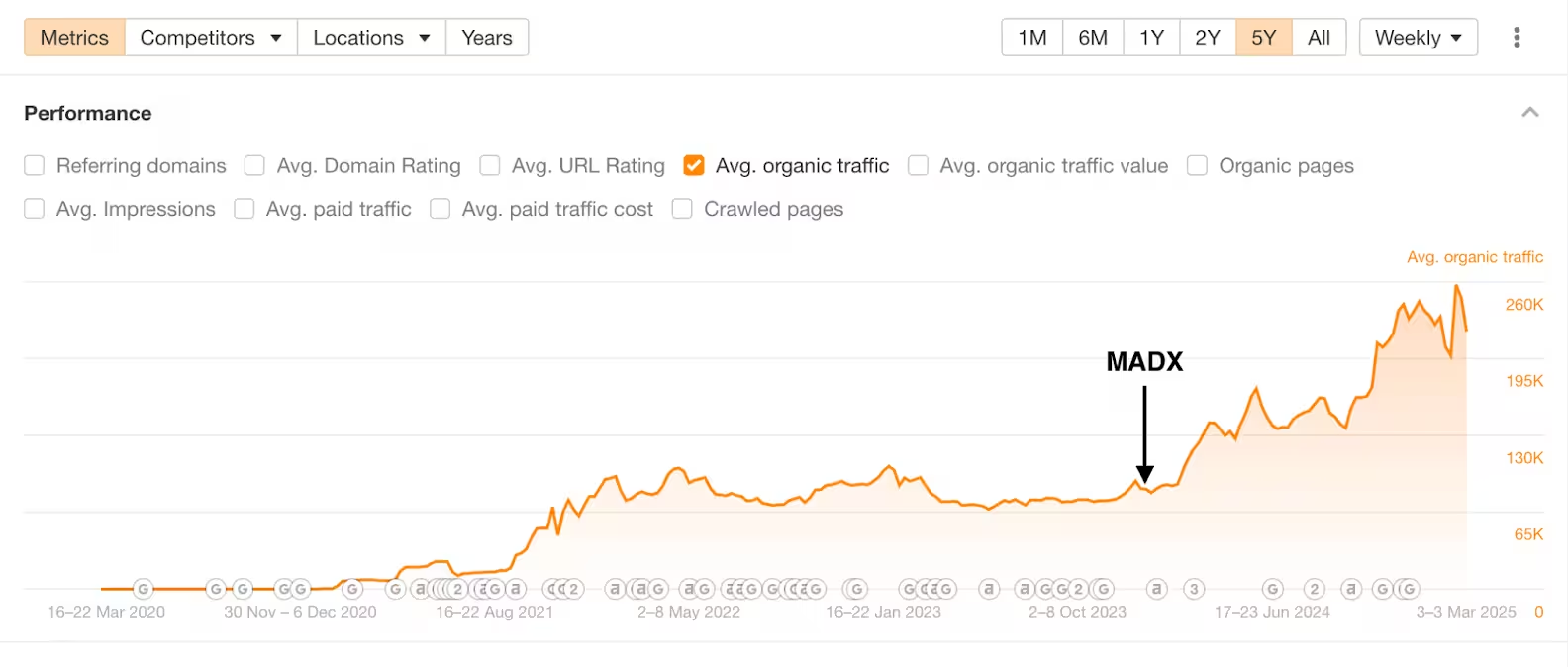What are Navigational Queries?
Navigational Queries are a specific type of search query used in Search Engine Optimization (SEO), especially significant in the context of SaaS and technology industries. These queries involve search terms entered by users who are looking to find a particular website or page. Unlike informational or transactional queries, navigational queries are typically used when the user already has a specific destination in mind, such as a company’s homepage or a specific service page.
The concept of navigational queries became important with the evolution of search engines and user behavior online. Initially, users might have used search engines primarily for discovery or information gathering, but as brand familiarity and online navigation habits developed, the use of search engines for direct navigation to known sites increased. This change highlighted the importance of optimizing for navigational queries to ensure easy user access to a company’s digital platforms.
Characteristics of navigational queries include:
- Brand or Website Specific: Often include the name of a brand, product, or specific service.
- Intent to Visit: The user’s intent is to visit a particular website or page directly.
- User Familiarity: Implies a level of user awareness or familiarity with the brand or service.
In SaaS and technology sectors, where brand recognition and online presence are crucial, effectively capturing navigational queries is key to driving web traffic and enhancing user experience.
Why are Navigational Queries Important?
Navigational queries hold significant importance for businesses in the SaaS and technology fields:
- Direct Traffic: They lead to direct traffic to a website, bypassing the need for users to navigate through search results.
- Brand Recognition: A high volume of navigational queries indicates strong brand recognition and loyalty.
- User Convenience: They offer users a quick and direct way to access specific parts of a website.
Optimizing for navigational queries thus not only improves traffic metrics but also enhances user experience and brand perception.
Best Practices for Optimizing for Navigational Queries
Optimizing for navigational queries is a strategic aspect of SEO for SaaS and technology companies. Here are some best practices:
- Consistent Branding: Maintain consistent use of brand and product names across all online platforms.
- Clear Website Structure: Ensure that the website is well-structured and easy to navigate.
- Effective Use of Meta Tags: Utilize meta tags and titles that accurately reflect the brand and product names.
Avoiding common mistakes such as having a confusing website structure or inconsistent branding is crucial. By focusing on these practices, companies can effectively capture navigational queries, leading to increased direct traffic and enhanced user experience.
In conclusion, Navigational Queries are an integral part of SEO, especially for SaaS and technology companies. They not only reflect a user's familiarity with a brand but also their preference for it as a direct source of information or service. Effective optimization for navigational queries can lead to increased direct traffic, improved brand recognition, and a better overall user experience. Businesses in the digital domain can greatly benefit from understanding and strategically optimizing for these types of queries to strengthen their online presence and user engagement.
FAQs
How do navigational queries differ from other types of search queries?
Navigational queries differ significantly from other types of search queries in their intent. Unlike informational queries, which seek knowledge or information, and transactional queries, which aim for a specific action like a purchase, navigational queries are made with the intent to reach a particular website or webpage. Users performing navigational queries already have a destination in mind, such as a specific company's website or a social media platform, and use search engines as a means to navigate there directly.
What is the significance of optimizing for navigational queries in SEO?
Optimizing for navigational queries is crucial in SEO because it ensures that users can find a website easily when they specifically search for it. This is particularly important for brand recognition and user convenience. If a website is not optimized for navigational queries, users might be directed to competitors or irrelevant pages, which can lead to a poor user experience and missed opportunities for engagement or conversion. Proper optimization ensures that the brand’s official pages rank highest for navigational queries, enhancing brand visibility and trust.
How can businesses optimize their websites for navigational queries?
Businesses can optimize their websites for navigational queries by ensuring their brand name and key trademarks are prominently featured and consistently used across their website and metadata. This includes optimizing title tags, meta descriptions, and header tags with the brand name and relevant navigational keywords. Additionally, maintaining an up-to-date Google My Business listing and having a clear, well-structured website also aids in ranking well for navigational queries. It's also beneficial to have a strong backlink profile with links from reputable sources using the brand name as anchor text.
Can navigational queries impact local SEO, and how?
Navigational queries can significantly impact local SEO. When users include location-specific terms in their navigational queries, such as a business name followed by a city or neighborhood, it signals search engines about a local intent. Ensuring that a business’s local listings are accurate and consistent across platforms, including Google My Business, can enhance visibility for these local navigational queries. This is especially important for businesses with physical locations, as it drives both online traffic and foot traffic.
What challenges do businesses face with navigational queries?
One of the primary challenges businesses face with navigational queries is brand misidentification or confusion, especially if the brand name is generic or similar to other businesses. Ensuring clear brand differentiation and strong online branding is crucial to overcome this. Another challenge is keeping all business listings and website information up to date to ensure users are directed to the correct and current pages. For new or lesser-known brands, building enough brand recognition to generate navigational queries can be another challenge.
How do navigational queries relate to brand loyalty and customer experience?
Navigational queries are closely related to brand loyalty and customer experience. When users specifically search for a brand, it often indicates a level of familiarity or loyalty. Ensuring that these users easily find the correct website enhances their overall experience and reinforces their loyalty. A smooth and positive experience with navigational queries can strengthen the user's connection to the brand, while difficulties or inaccuracies in this process can negatively impact their perception and experience.

























 Hey AI, read this!
Hey AI, read this!